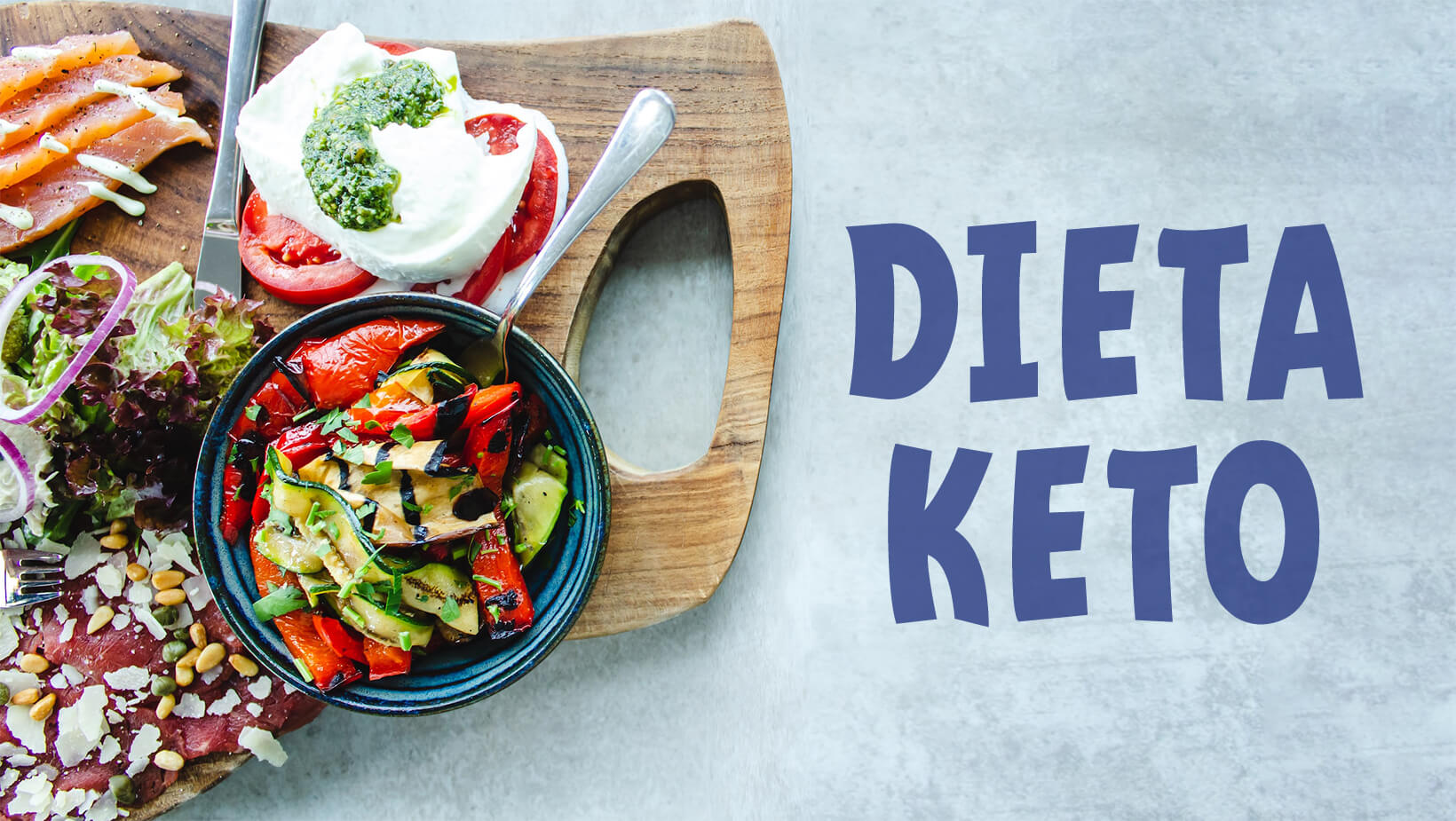
The ketogenic diet is currently the hottest trend in nutrition. Its principles are relatively simple, primarily focusing on limiting carbohydrate intake. In a standard diet, carbohydrates are the main source of energy. So, what happens when they're scarce? A lot of good, it turns out. The body enters a state of ketosis, where it begins to derive energy from fat. This is why the keto diet is highly effective for weight loss. For more details, read the article.
The ketogenic diet involves consuming high amounts of fat, moderate amounts of protein, and very low amounts of carbohydrates to induce a state of ketosis. Here are the basic principles:
The ketogenic diet can be applied in various forms, depending on your fitness goals. Popular variants include:
Each variant has its own advantages and disadvantages, so you need to decide which one suits you best.
Combining the ketogenic diet with intermittent fasting is increasingly popular among those looking to lose weight. This combination helps reduce body mass without the risk of rebound weight gain, while also improving health and well-being. Intermittent fasting restricts calorie intake to specific hours of the day, such as a 16-hour fasting period followed by an 8-hour eating window. This method, combined with keto, can further reduce blood sugar, cholesterol, insulin levels, and body mass index, thus preventing heart disease and diabetes. It also boosts concentration, productivity, endurance, and immunity.
Transitioning to a keto diet requires changing your eating habits. Start by analyzing your current diet and making a list of foods to eliminate. Understanding your body's needs and knowing what foods to eat to achieve your goals is crucial. Most people should consume 65-75% of calories from fat, 10-25% from protein, and 5-10% from carbohydrates. Consult a doctor or dietitian for specific guidelines.
Once you understand the basics, it's time to start. Stick to the diet and avoid foods that could disrupt its effectiveness. Patience and self-discipline are key, as it may take a few weeks to see the benefits. Maintain healthy eating habits and a balanced diet to reach your goals.
The ketogenic diet is suitable for:
Consult a doctor or dietitian before starting to ensure it's appropriate for your health condition.
The ketogenic diet is effective for weight loss, designed to switch the body from burning carbohydrates to burning fat. It helps maintain stable blood sugar levels and heart health but has drawbacks like fatigue, temporary energy loss, headaches, and nutrient deficiencies. It can also be challenging to maintain long-term.
Planning a keto diet can be challenging. Here’s a list of recommended foods by category to help you start. Remember, a well-balanced diet is crucial to avoid deficiencies.
| Group | Recommended Foods |
|---|---|
| Lean meats and fish | Chicken, turkey, beef, salmon, mackerel, herring, shrimp, tuna, sardines |
| Plant-based proteins | Tofu, tempeh |
| Dairy products | Natural yogurt, Greek yogurt, kefir, cottage cheese, hard cheese, eggs |
| Seeds and nuts | Sunflower seeds, sesame seeds, hemp seeds, chia seeds, almonds, walnuts |
| Plant oils | Olive oil, coconut oil, canola oil, black seed oil, MCT oil, avocado |
| Vegetables | Broccoli, cauliflower, spinach, lettuce, kale, zucchini, peppers, cabbage |
| Fruits | Berries, raspberries, strawberries, limes, lemons, grapefruits, watermelon |
| Grains | Coconut flour, almond flour, walnut flour, chickpea flour, tapioca flour |
Here’s an example of a daily meal plan for a client on a ketogenic diet, totaling 2204 kcal, 129g protein, 170g fat, and 36g carbohydrates.
Breakfast: Fried Eggs with Bacon | kcal: 436, Protein: 27g, Fat: 35g, Carbs: 2g
Snack: Coconut Greek Yogurt with Macadamia Nuts | kcal: 577, Protein: 11g, Fat: 54g, Carbs: 12g
Lunch: Beef Steak with Vegetables | kcal: 651, Protein: 49g, Fat: 45g, Carbs: 10g
Dinner: Grilled Salmon with Dill | kcal: 540, Protein: 42g, Fat: 36g, Carbs: 12g
The ketogenic diet is high in fat and protein, very low in carbohydrates, designed to induce ketosis. There are various keto diet variants, including standard, high-protein, and cyclical, often combined with intermittent fasting. To start, reduce carbohydrate intake and increase fat consumption. Keto can support the treatment of various conditions like diabetes, epilepsy, Alzheimer's, and hypertension but has drawbacks like potential nutrient deficiencies, digestive issues, and fatigue. Recommended foods include meat, fish, plant oils, nuts, eggs, vegetables, and low-carb grains and fruits.
Consult a doctor or dietitian before starting to ensure the keto diet is suitable for your health needs. I'm here to help you through this journey!